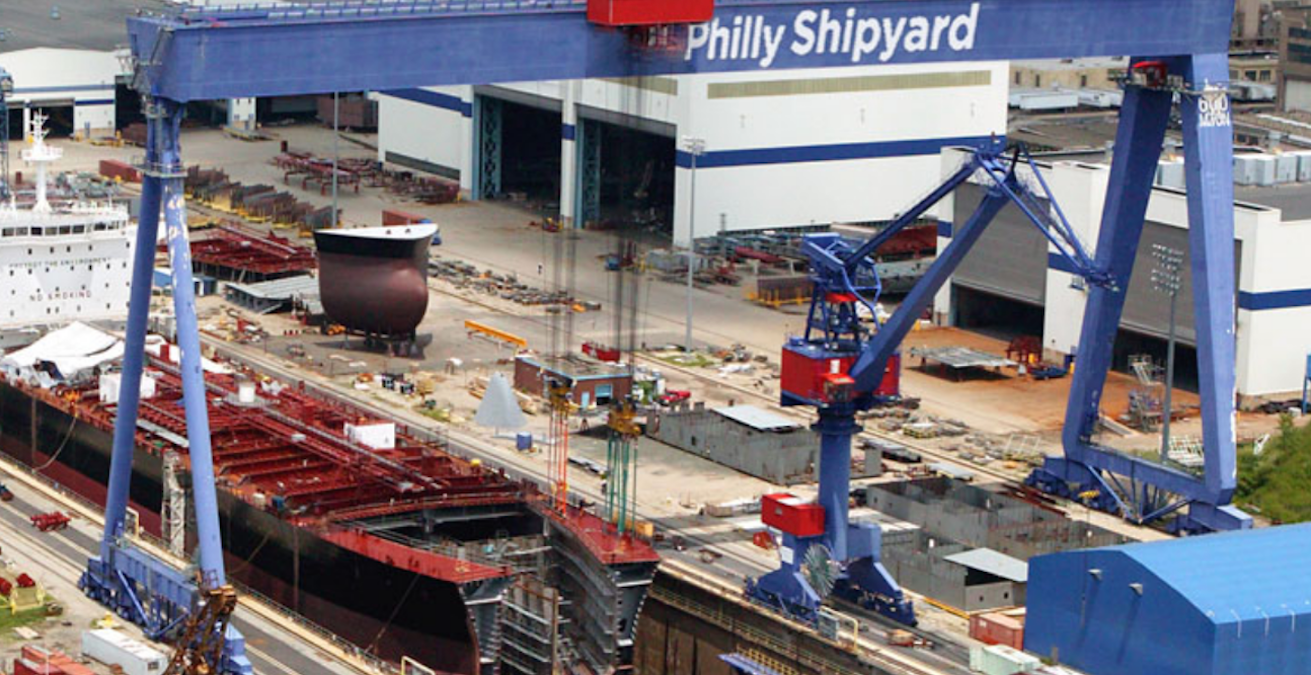Understanding the Current Standstill in the Korea-U.S. Trade Talks
South Korea’s top trade envoy recently traveled to Washington D.C. to iron out the details of a massive trade and investment agreement with the United States. This pact, involving a staggering $350 billion South Korean investment fund targeting American shipbuilding, manufacturing, and other key industries, has hit a few snags.
The talks aim to not only deepen trade ties but also to activate substantial investment from South Korea into the U.S., sparking development and boosting employment sectors.
Why Are Negotiations Stalling?
One major sticking point lies in the trade conditions, especially those reminiscent of a prior U.S.-Japan agreement. The hurdles focus heavily on foreign exchange market regulations, which South Korea finds potentially disruptive. These negotiations reveal the delicate balance nations must strike between protecting domestic markets and encouraging cross-border investments.
Major Investment Highlights in the Deal
A centerpiece of this deal features Hanwha Group’s commitment of $5 billion to upgrade its shipyard facilities in Philadelphia as part of a larger pledge by South Korea to invest $150 billion in U.S. shipbuilding. This kind of industrial investment isn’t just about dollars and cents but signals a robust footprint in critical manufacturing and marine sectors.
Key Points of the Investment Plan
| Investment Area | Proposed Investment | Significance |
|---|---|---|
| Shipbuilding | $150 billion (total pledged) | Expansion of manufacturing and repair capabilities in U.S. shipyards |
| Hanwha Group | $5 billion in Philadelphia shipyard expansion | Boost American industrial jobs and modernize facilities |
| Gas Tankers | Order of 10 units | Enhances shipping fleets and logistics supply chains |
Recent Events Affecting Diplomatic and Business Relations
The relationship between the two trading partners was recently tested by a raid conducted by Immigration and Customs Enforcement (ICE) at a Hyundai battery plant in Georgia, leading to the arrest of hundreds of South Korean workers. Such developments underscore the complexity of balancing immigration enforcement with foreign investment and workforce mobility.
Despite this tension, voices from the U.S. administration have expressed openness to foreign experts contributing on a temporary basis, especially in high-tech sectors like shipbuilding and semiconductor manufacturing. This dynamic hints at sensitive yet cooperative industry exchanges crucial for competitive edge.
The Role of Shuttle Diplomacy
Alongside South Korea’s Trade Minister Yeo Han-koo, Industry Minister Kim Jung-kwan also engaged in discussions with U.S. Commerce Secretary Howard Lutnick during a recent visit. Though little concrete progress was publicly shared, ongoing talks hint at a willingness to find middle ground despite the deadlocks.
Implications for the Logistics Sector
This stalled agreement has significant ramifications for global logistics networks, particularly in sectors involving shipbuilding, freight, and manufacturing shipments. The infusion of South Korean investment can lead to modernization of facilities that support large-scale cargo transport and port operations—crucial links in international supply chains.
For the logistics industry, expanded shipyard capabilities mean increased opportunities for bulk haulage, container shipping, and freight forwarding. This potential upgrade aligns well with platforms like GetTransport.com, which facilitate global cargo dispatch, shipment tracking, and transportation of bulky items like heavy machinery or vehicles. Efficient logistics become even more critical with evolving trade volumes and investment inflows.
Challenges Ahead in Trade and Transport
- Regulatory hurdles around foreign exchange markets
- Diplomatic tensions potentially slowing investment
- Need for aligned immigration policies supporting industry specialists
- Infrastructural demands on ports and shipping lanes
- Impact on shipping rates and container availability due to fluctuating trade flows
Why Personal Experience Still Matters in Trade and Logistics Decisions
While expert reviews and ironclad feedback provide valuable insights, nothing quite beats the firsthand experience of navigating trade negotiations and logistics firsthand. Understanding how these agreements and investments play out in the trenches offers clarity that no report can fully capture.
On GetTransport.com, cargo transporters and shippers can tap into affordable, transparent, and globally accessible options to address their shipment, haulage, and relocation needs despite the uncertainties in trade. The platform’s vast network supports office and home moves, freight delivery, and transporting large, bulky goods including vehicles, pallets, and containers. With these resources at hand, decision-makers can eliminate guesswork and budget wisely amidst evolving trade landscapes.
Book your Ride with GetTransport.com
Looking Ahead: The Impact on Global Logistics and Freight Movement
Though the Korea-U.S. $350 billion investment pact currently faces slowdowns and intricacies, its eventual success—or delays—will ripple through global supply chains. On the one hand, boosted investments into U.S. shipyards and manufacturing might enhance freight handling capabilities and logistics infrastructures. On the other, unresolved negotiations might introduce temporary uncertainty in trade freight flows and supply continuity.
For a worldwide logistics platform like GetTransport.com, staying on top of these developments is key to offering reliable, cost-efficient cargo transport. By monitoring such trade dynamics, the platform ensures that clients’ shipment and delivery projects remain smooth and adaptable to any geopolitical or market shifts.
Start planning your next delivery and secure your cargo with GetTransport.com.
Conclusion
The ongoing discussions between South Korea and the United States over a $350 billion trade and investment deal reveal the complex interplay between economics, diplomacy, and logistics. With South Korea pledging substantial investments in U.S. shipbuilding and manufacturing, heavy cargo transport and shipping networks stand to benefit significantly.
However, challenges such as regulatory concerns around foreign exchange and recent diplomatic tensions highlight the fragile nature of international trade negotiations and their potential impacts on freight and haulage operations.
Platforms like GetTransport.com play an essential role in this environment by providing reliable, transparent, and economical logistics solutions for a wide range of transport needs—from bulky industrial equipment and vehicles to office relocations and parcel shipping. This ensures that despite the ups and downs of trade deals, the movement of goods remains efficient and dependable on a global scale.

